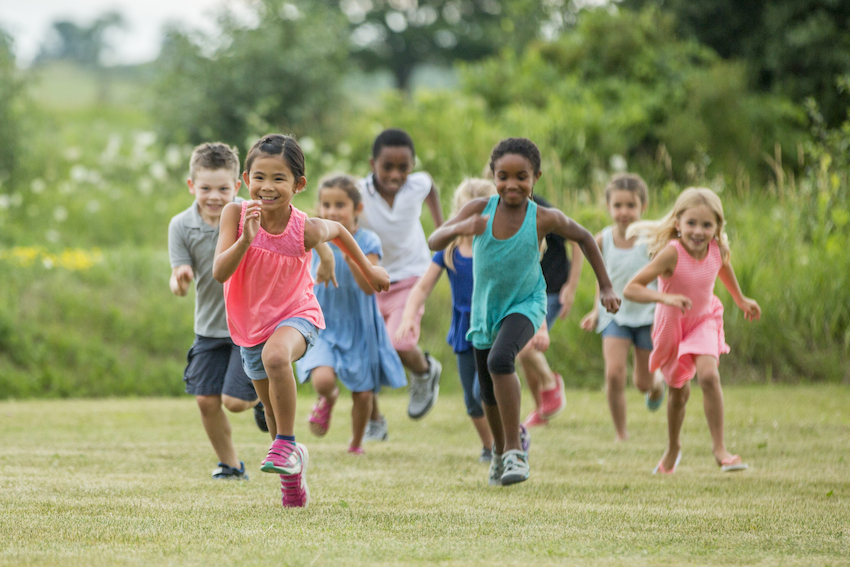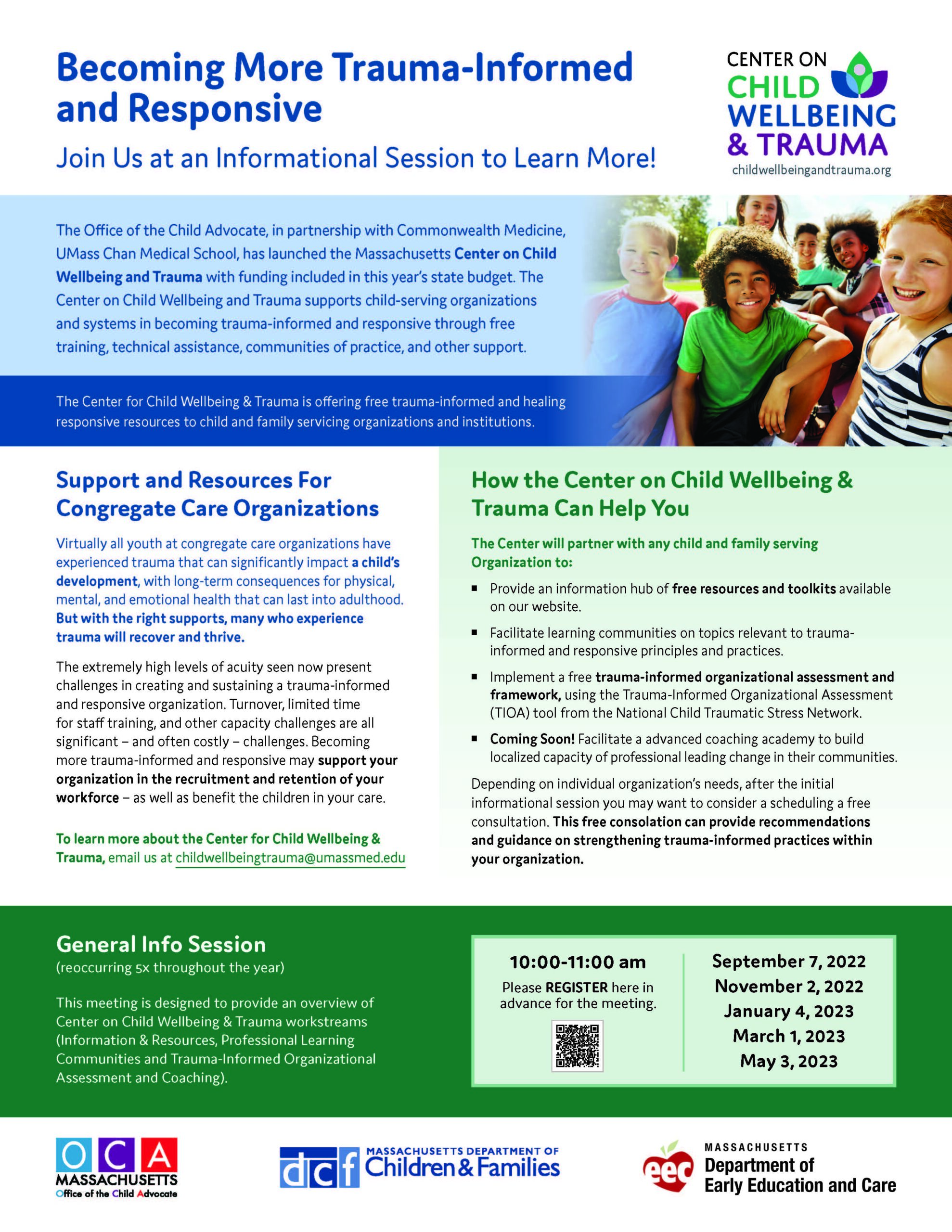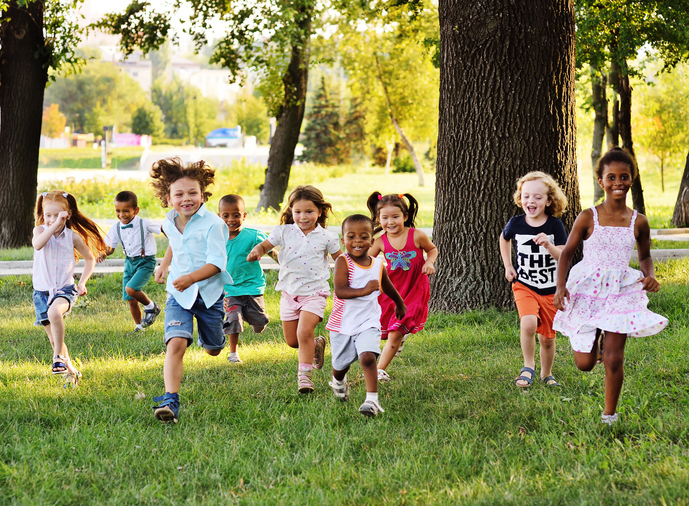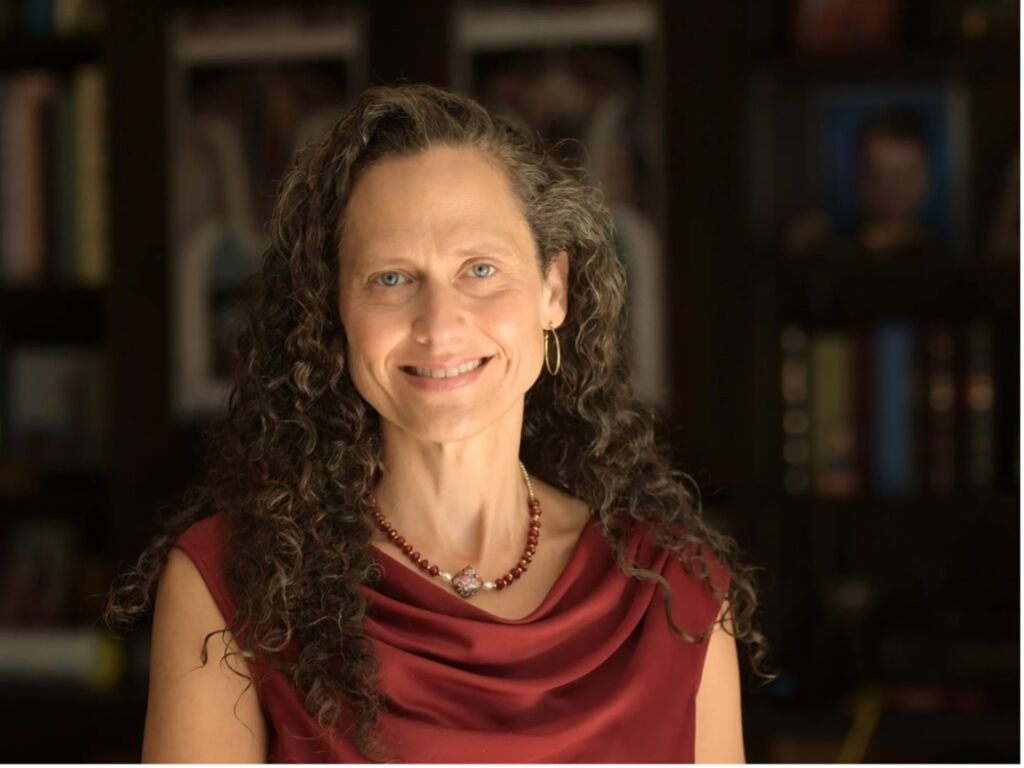How to Counteract Adverse Childhood Experiences and the Lifelong Consequences of Trauma
A child’s exposure to traumatic events can cause a lifelong impact. Research shows that four or more adverse childhood experiences (ACEs) can lead to a higher risk of developing health and behavioral challenges when the child becomes an adult. These include mental illness, chronic disease, and high-risk behaviors.
The topic of ACEs and brain development has been thoroughly studied. The brain is an ever-changing structure. Its development can thrive or deteriorate depending on the environment a child lives in. Chronically unstable environments can lead to lifelong effects from early childhood adversity and toxic stress.
Fortunately, there is a powerful way to counteract the effects of ACEs on kids. Children exposed to positive childhood experiences (PCEs) enjoy healthier outcomes. Stable, supportive adults are the key to these positive experiences.…











